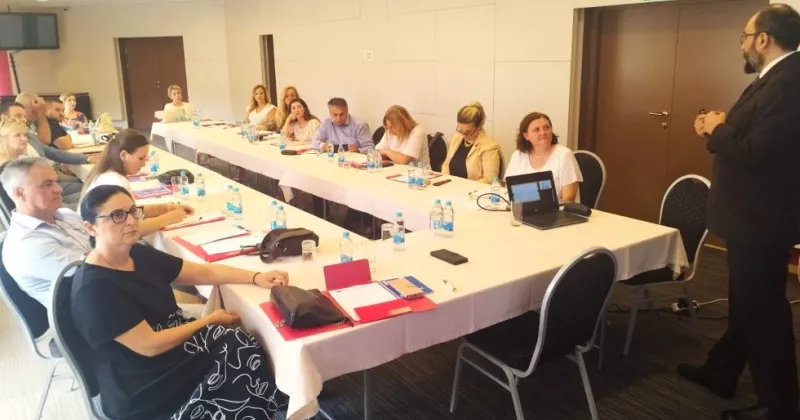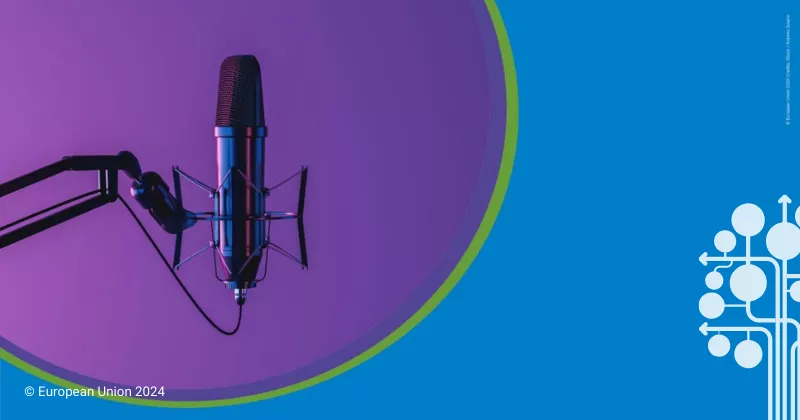Kateřina Pávková: volunteering and civic activities in the field of heritage preservation
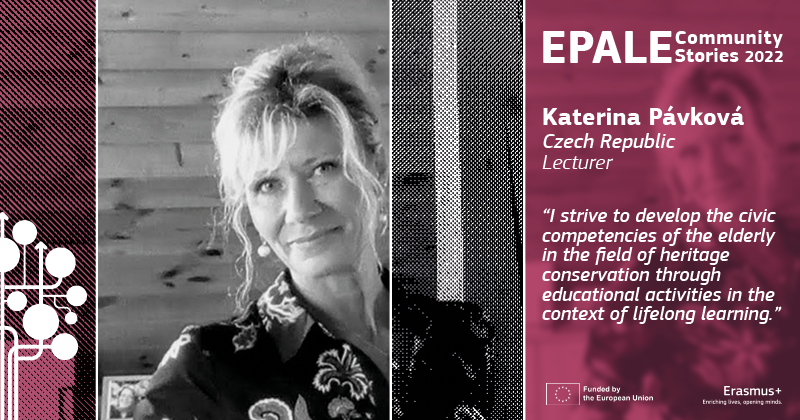
Short bio
I work at the National Heritage Institute (NPÚ) as a lecturer in the Education and Further Learning Division. I graduated in andragogy and, within the andragogical subdisciplines, I specialise in cultural andragogy and gerontagogy. In my professional career I design and implement educational programmes within the field of heritage conservation and in the context of lifelong learning.
My Story
As the guarantor of the Heritage Academy of the Third Age educational programme, I provided a story for EPALE Community Stories in 2021, focusing on the implementation of educational activities for the elderly during the COVID-19 pandemic. I am now loosely building on this story by developing further educational activities within the Heritage A3A educational programme, which is implemented by the National Heritage Institute as part of lifelong learning aimed at elderly learners.
The Heritage Academy can be described as education that focuses on awareness-raising and that includes both leisure and civil education. The educational programme aims to educate the elderly in the field of heritage conservation. It uses both theory and examples from practice to broaden learners’ knowledge and understanding of heritage sites and conservation of our cultural heritage. As a result, this awareness of heritage sites can become an inherent part of their everyday life and, in turn, the elderly can discover and observe the values that were created by our ancestors with greater understanding.
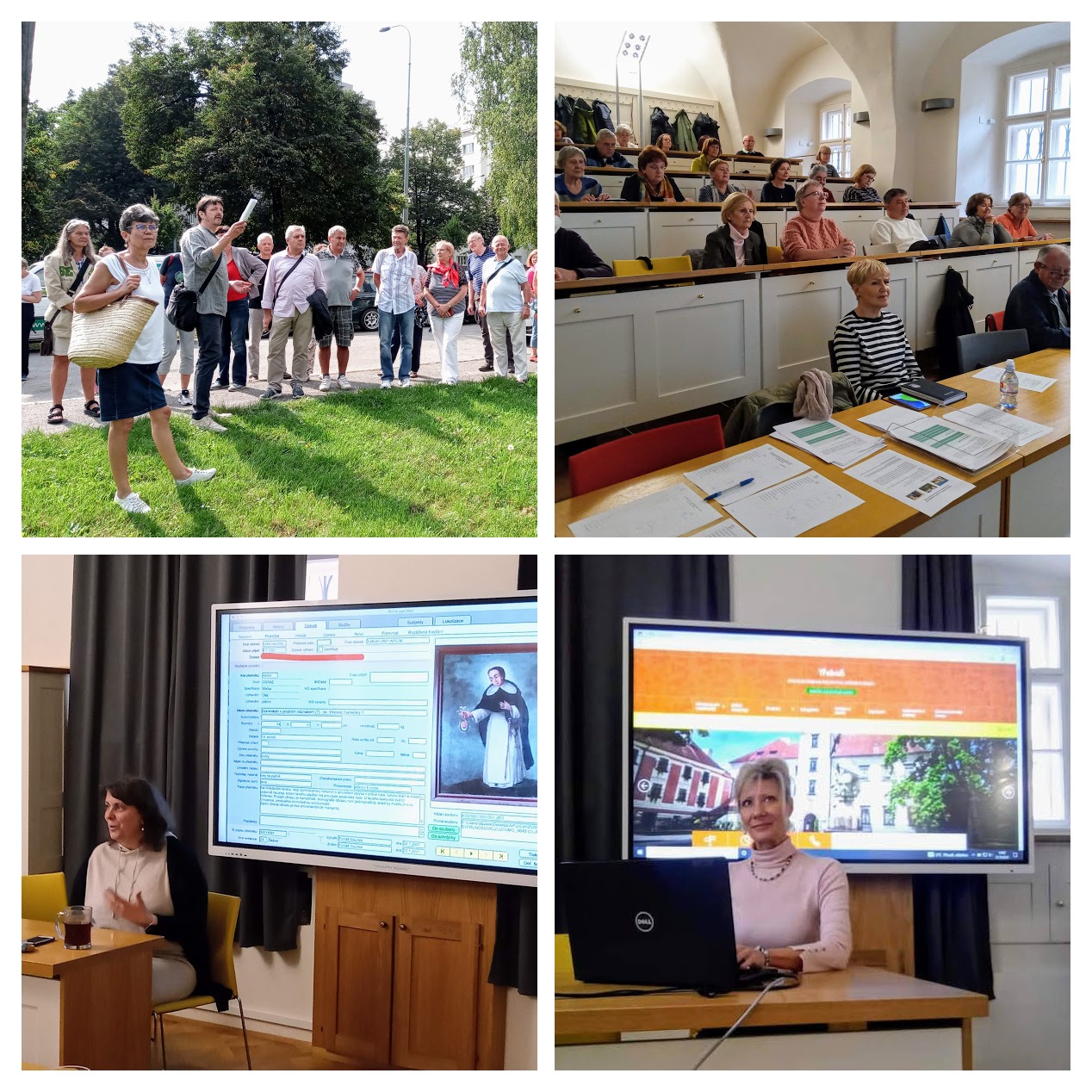
The curriculum is designed to offer practical information and advice, encourage participants to pursue further education, while emphasising:
- involvement in volunteer and civic activities in the field of heritage preservation
- orientation to the interests and needs of the participants in the educational programme
- intrinsic motivation and self-activity
The design and subsequent implementation of the educational programme’s 2nd run was based on an analysis of a questionnaire survey from its pilot run (2019–2021). The survey provided clear information regarding learners’ satisfaction with the educational activity experience, the organisation of teaching, the quality of the lecturers, the way the lectures were delivered and the personal attitude of older people towards volunteer activities and guiding.
The results also confirmed that the elderly wish to actively participate in volunteering activities within the preservation of our cultural heritage and conservation of the heritage fund. (In support of the above information, I have provided the evaluation of the questionnaire survey (2021).
I have updated the educational programme to take account of this analysis. From 2022, the curriculum for the semester dealing with the conservation of movable cultural monuments has a new scope and beyond leisure education by also including civil education. Learners were introduced to both the importance of the cooperation between the Department of Movable Monuments and the Police of the Czech Republic, and the activities involved. searching for stolen movable monuments.
This takes the form of monitoring and photo documentation. Using practical examples and demonstrations, a specialist from the Department of Movable Monuments keeps encouraging the elderly to engage in civic and volunteer activities which they can carry out during their studies.
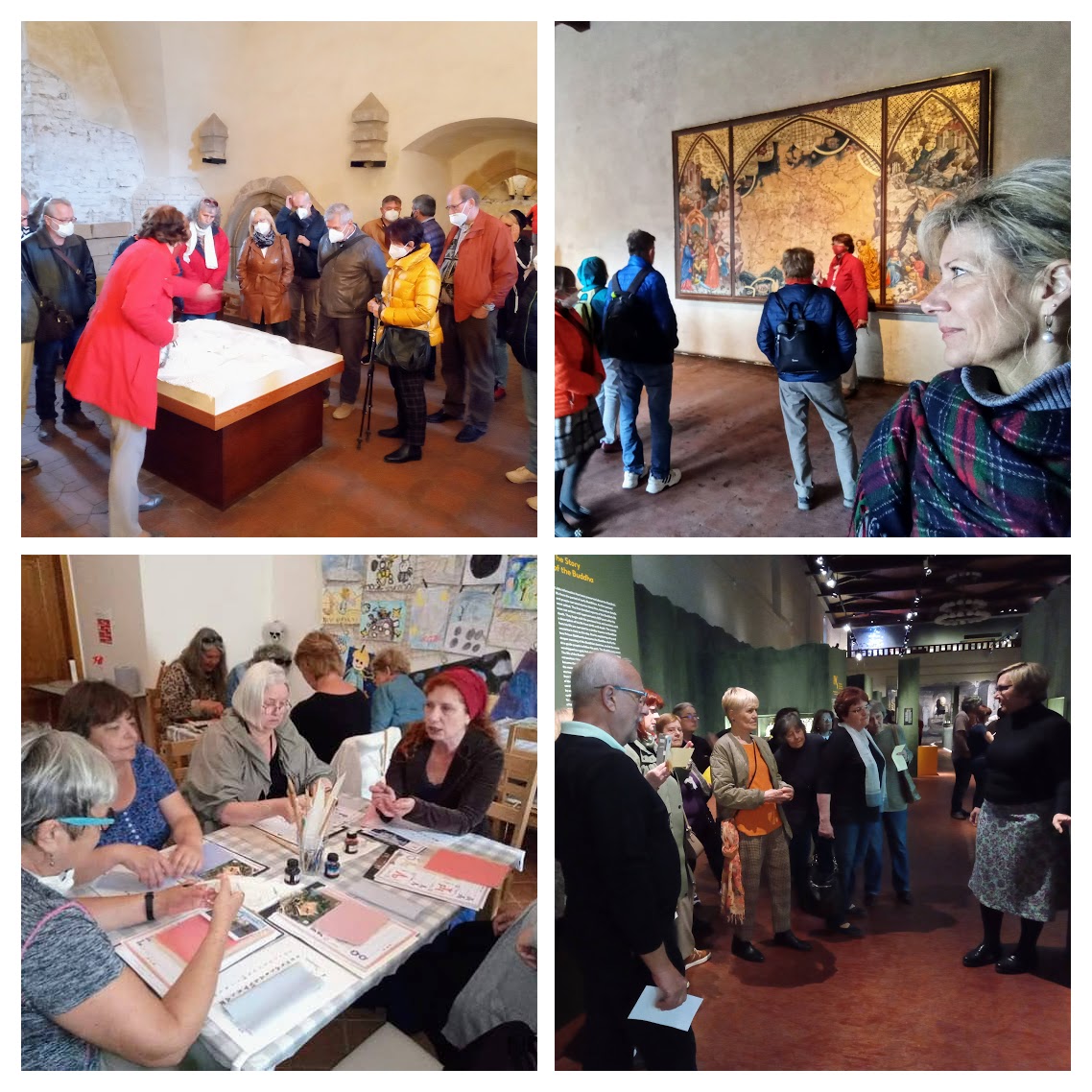
These include the following activities:
- For a period of 1.5 years, the elderly learners will document small religious monuments in the local area (such as chapels, conciliation crosses, wayside shrines, statues from defunct tombstones). The photo documentation will be stored in a photographic database and subsequently in the archives of the National Heritage Institute for the purposes of cooperation with the Police of the Czech Republic in searching for stolen items.
- The elderly will photo document their property (paintings, statues, medals, furniture, old engravings and jewellery), namely items originating before 1800, in case they were to get stolen. This makes it more likely that the property will be tracked down and returned to its owner. They can discuss the documented items of their property with officers from the Department of Movable Monuments, who will evaluate whether they can be considered as historical monuments.
- The elderly will lend or take photos of weddings and baptisms in church, Easter festivities and Christmas vigils. This documentation contains signs of furniture and movable items that may provide historical evidence in many respects and can be a valuable resource for heritage conservation specialists.

It is my hope that the newly designed curriculum of the Heritage A3V educational programme will positively influence and develop the civic competences of older people, and for them to continue to participate in preserving our cultural heritage while passing on their experience to the next generation.



